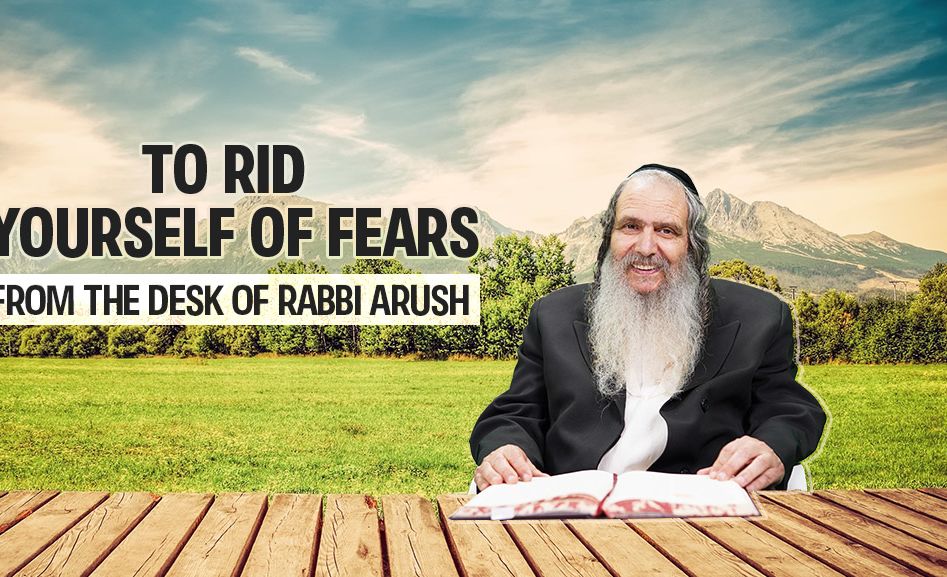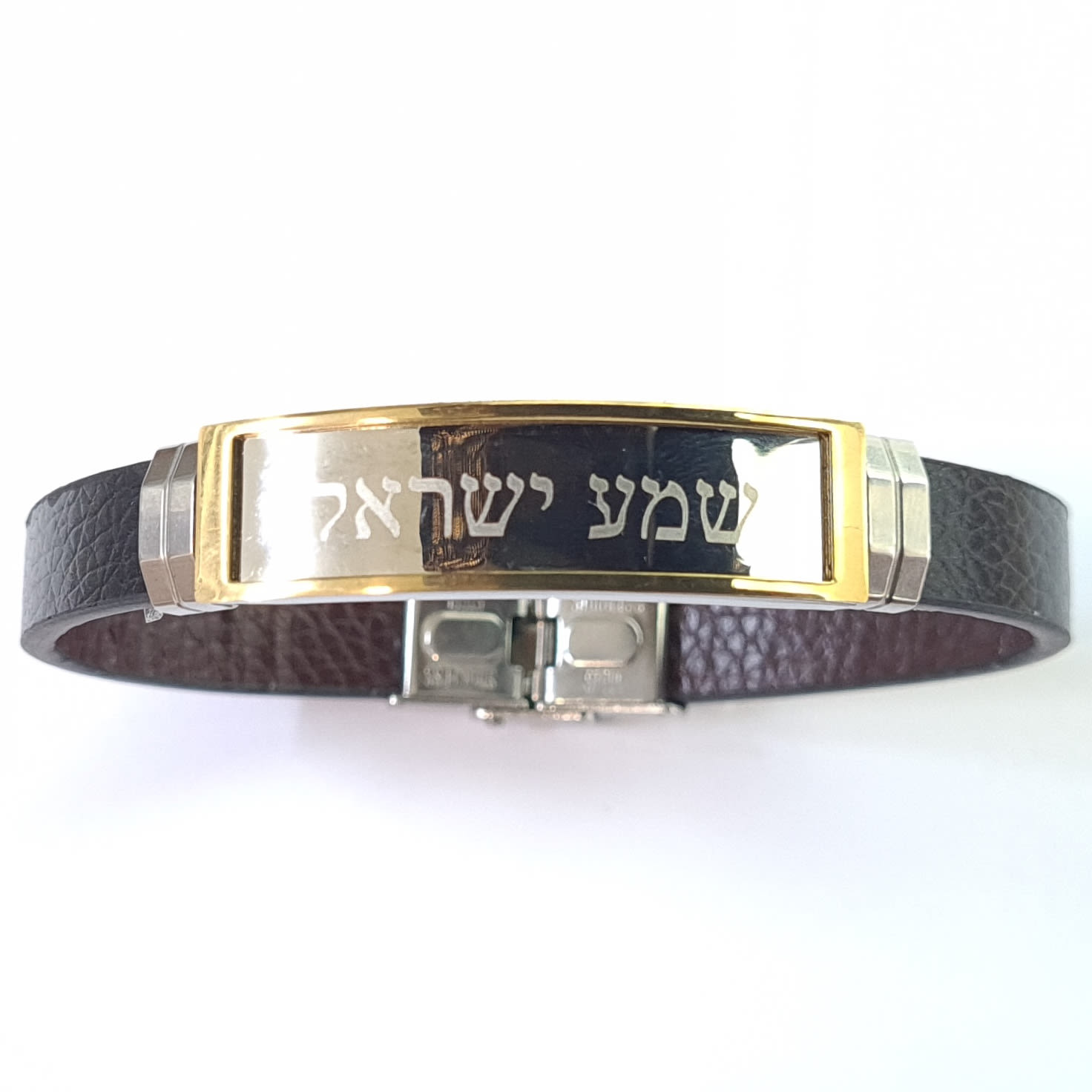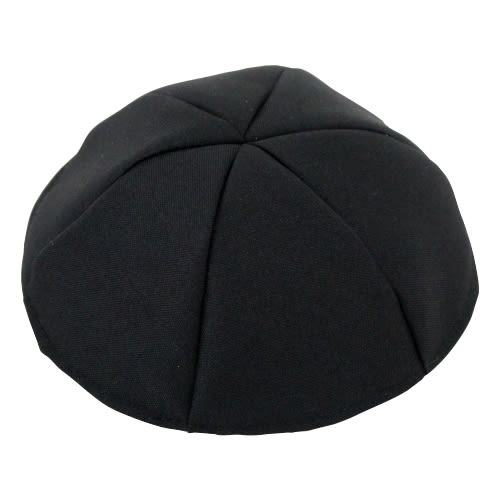
Yichus or Yuck?
Yichus, lineage, is wonderful when it's coupled with the traits of illustrious upright ancestors. But when people use it as a means of looking down at others...

Yichus, good lineage, is wonderful when it’s coupled with the righteous traits of illustrious upright ancestors. But, when it becomes a tool of conceit that people use it as a means of looking down at others who are less blue-blooded, then it’s yuck…
The Rabbi was a proud man. He could trace his ancestry back to the founder of the Chassidic movement, Rabbi Yisroel Baal Shem Tov. The Rabbi’s pride was so great that sometimes he couldn’t stop himself from making distinctions between important Jews like himself and the plebeian masses of the children of Israel.
One day the Rabbi saw that a young baal teshuva (someone new to Torah observance) was putting on his tefillin (arm and head phylacteries) sitting down. He became incensed. “That custom isn’t for the regular J ewish people…it’s only for special souls that were descended from prominent Rabbinic families.”
ewish people…it’s only for special souls that were descended from prominent Rabbinic families.”
Another person, who wasn’t born into a Rabbinic family, came into the Rabbi’s synagogue and sat down for the third Shabbat meal. Apparently the Rabbi thought that Saul wasn’t dressed appropriately. Trying not to turn his nose up too high, the Rabbi leaned over and “whispered” to his son: “You’ve got to see this…look at how Saul is dressed this time!”
During the meal, the Rabbi spoke openly about other people in a derogatory way and mocked another Rabbi in town who was gaining in popularity and attracting a large following. He said: “When the messiah comes, he certainly won’t be dressed like Rabbi W.!”
Later on, the Rabbi’s son did something that really miffed him and he verbally slaughtered the boy before a table full of guests. The poor kid was totally broken and sobbing. No one present knew where to look or what to say for about ten minutes until the boy’s pain began to subside. The whole time the Rabbi sat there red in the face as if possessed by a demon.
Notwithstanding the Rabbi’s anger problem and his proclivity to speak loshon hara (evil speech about others), his supporters claimed that he had spiritual powers and was very holy. They also felt that the Rabbi’s holiness exempted him from the laws of forbidden speech which include not hurting people with words (especially in public) and not gossiping about them behind their backs to others. The Rabbi’s followers were sure that everything that he did no matter how outlandish, had Heaven’s endorsement. In their view, if they expressed the slightest dissatisfaction with their Rabbi, they would be convicted in Heaven to live a shortened lifespan.
This view that a Rabbi’s holy ancestry elevates him above the laws of the Torah was not the view of Rebbe Nachman of Breslev or of his holy grandfather Rabbi Yisroel Baal Shem Tov. I’m not sure when it became fashionable for Rabbis to claim immunity to Torah law based on their ancestry, but it wasn’t that way in the time of Rabbi Yisrael. The Baal Shem had hundreds of students and many of them were not from such illustrious backgrounds. His practice, however, was that if a student worked hard and grew in his Torah knowledge and holiness he sent them out to spread Hashem’s Light by become Rebbe’s themselves regardless of pedigree.
Somewhere along the line the system shifted from merit to lineage. This isn’t to say that being descended from a holy ancestor is not a great thing. It certainly is! That is, if one’s standard of behavior is commensurate with one genes. Otherwise, I suspect that the soul of the deceased Rabbi would rest better if his “holy grandchild” was not constantly mentioning their connection.
A certain Baal Teshuva wanted to find first class marital partners for his children. To his credit, the man went first and asked his own Rabbi if he should invest the considerable time and energy that it would take to research his family tree. His own Rabbi, who was descended from sterling roots, told him that it wasn’t necessary. His Rabbi said that he should rather have emuna that Hashem would send his children good matches and use the time to learn more and pray for his children.
The man didn’t listen to his Rabbi. He proceeded to vigorously research his family roots hoping to find that he was related to a really famous Rabbi from the past. He traveled all over Europe, searching Jewish cemeteries in search of a Rabbinic status symbol from the past. After spending hundreds of hours researching his heredity he discovered, to his delight, that he was related to the famed Vilna Gaon.
The man promptly wrote up a 100 page document proving that he was a genuinely important Jew being that he was a descendant of the Vilna Gaon. His plan was to use this document to marry his children into the very best families in Jerusalem. Then he proudly decorated the walls of his house with an assortment of pictures and quotes of the Vilna Gaon.
I sincerely hope when the time comes for this man’s children to get married, that he will make sure that his future sons and daughters in law are known for their tolerance and kindness and not just for their family line. To coerce his children to marry into “good stock” without considering if the “good stock” will make his kids happy hardly seems like a mitzvah (a good deed). Marrying someone for their genetics is really no better than marrying someone for their money.










Tell us what you think!
Thank you for your comment!
It will be published after approval by the Editor.